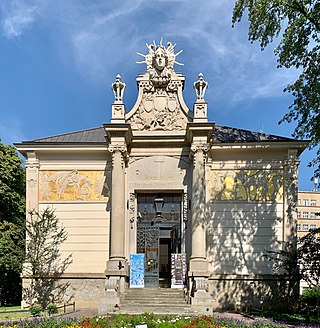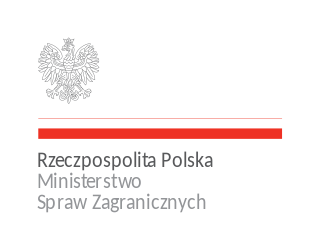| Ambassador of Republic of Poland to the United Kingdom | |
|---|---|
| Ambasador Rzeczypospolitej Polskiej w Wielkiej Brytanii | |
 | |
| Style | Mr. Ambassador (informal) His Excellency (diplomatic) |
| Reports to | Polish Ministry of Foreign Affairs |
| Seat | London, United Kingdom |
| Appointer | President of Poland |
| Term length | No fixed term |
| Formation | 1766 |
| Website | Polish Embassy – London |
The Republic of Poland ambassador to the United Kingdom (known formally as the Ambassador Extraordinary and Plenipotentiary of the Republic of Poland to the Court of St James's) is the official representative of the Government of the Republic of Poland to the Queen and Government of the United Kingdom of Great Britain and Northern Ireland.
Contents
- History
- Ambassadors of Poland to the Court of St James's
- Polish-Lithuanian Commonwealth
- Second Polish Republic
- Polish People's Republic
- Third Polish Republic
- See also
- References
The main building of the embassy is located in the City of Westminster close to the Regent's Park. Moreover the Consular and Economic sections are located in the City of London on Bouverie Street. In addition there are Consulates General located in Belfast, Edinburgh and Manchester. [1]










